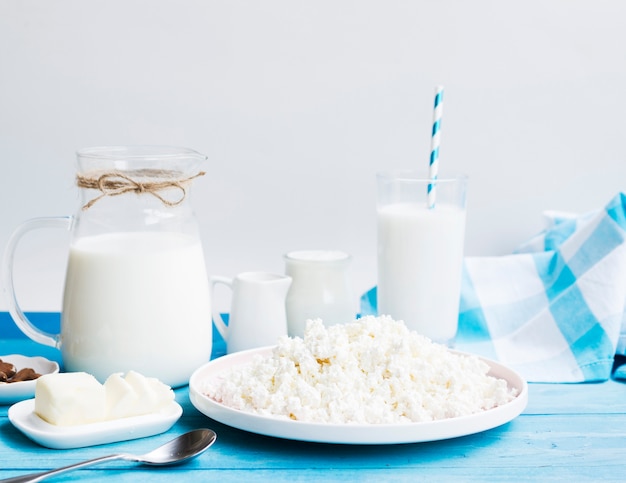For generations, a warm glass of milk before bedtime has been a comforting ritual in many households. Often passed down as a remedy for restless nights, this simple habit has sparked curiosity among scientists and health enthusiasts alike. But is there real science behind drinking milk before sleep, or is it just a soothing myth? Let’s explore the evidence, benefits, and considerations of this age-old practice.
Milk contains several components that may contribute to better sleep quality. One of the most notable is tryptophan, an essential amino acid that the body uses to produce serotonin and melatonin—two key neurotransmitters involved in regulating sleep-wake cycles.
While the amount of tryptophan in a single glass of milk is relatively small, it may still play a supportive role when combined with carbohydrates. Consuming milk, especially warm milk, can prompt insulin release, which helps tryptophan cross the blood-brain barrier more efficiently, potentially enhancing its sleep-inducing effects.
Milk is also rich in calcium and magnesium, both of which are involved in muscle relaxation and nervous system regulation. Calcium helps the brain use tryptophan to manufacture melatonin, while magnesium has been shown to support deeper, more restful sleep by calming the nervous system.
A deficiency in either mineral may contribute to sleep disturbances, so including a calcium-rich beverage like milk in your evening routine could help fill nutritional gaps that affect sleep quality.

Some studies have explored the concept of "night milk"—milk collected from cows during nighttime hours. Research suggests this milk may contain higher levels of melatonin and certain sleep-promoting peptides due to the natural circadian rhythms of the animals. In animal studies, night milk has demonstrated sedative and anxiety-reducing effects, though more human trials are needed to confirm these benefits.
Beyond sleep, drinking milk before bed offers several other potential health advantages:
Enhancing milk with natural ingredients like clove may amplify its sleep-supporting properties. Clove contains eugenol, a compound with anti-inflammatory and mild sedative effects. Drinking clove milk before bed has been associated with improved digestion and relaxation, making it a popular choice in traditional wellness practices.

While milk can be beneficial for many, it’s not suitable for everyone. Some individuals may experience:
In such cases, lactose-free milk, plant-based alternatives (like almond or oat milk), or smaller servings can be viable options.
To make the most of your bedtime milk ritual:
While milk alone isn’t a cure for chronic insomnia, it can be a helpful part of a healthy sleep hygiene routine. Its nutrient profile, combined with the psychological comfort of a warm drink, may support relaxation and improve sleep quality for many people.
As with any dietary habit, individual responses vary. If you’re considering adding milk to your nighttime routine, start with a small amount and monitor how your body responds. For those with dietary restrictions or medical conditions, consulting a healthcare provider is recommended.
Ultimately, a warm glass of milk may not be a magic sleep potion—but it’s a simple, nutritious, and comforting step toward a more restful night.

Health

Health

Health

Health

Health

Fitness

Health

Health